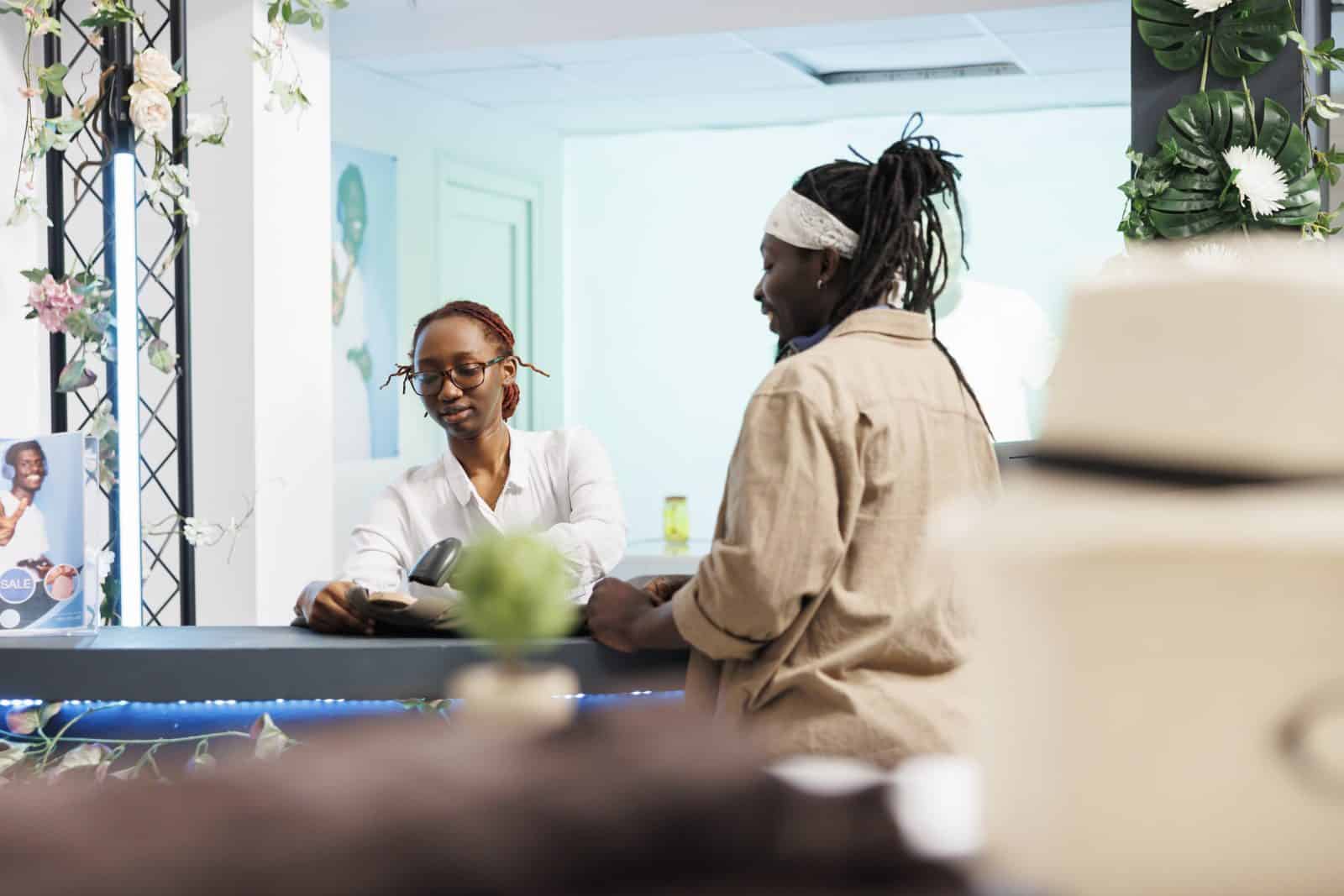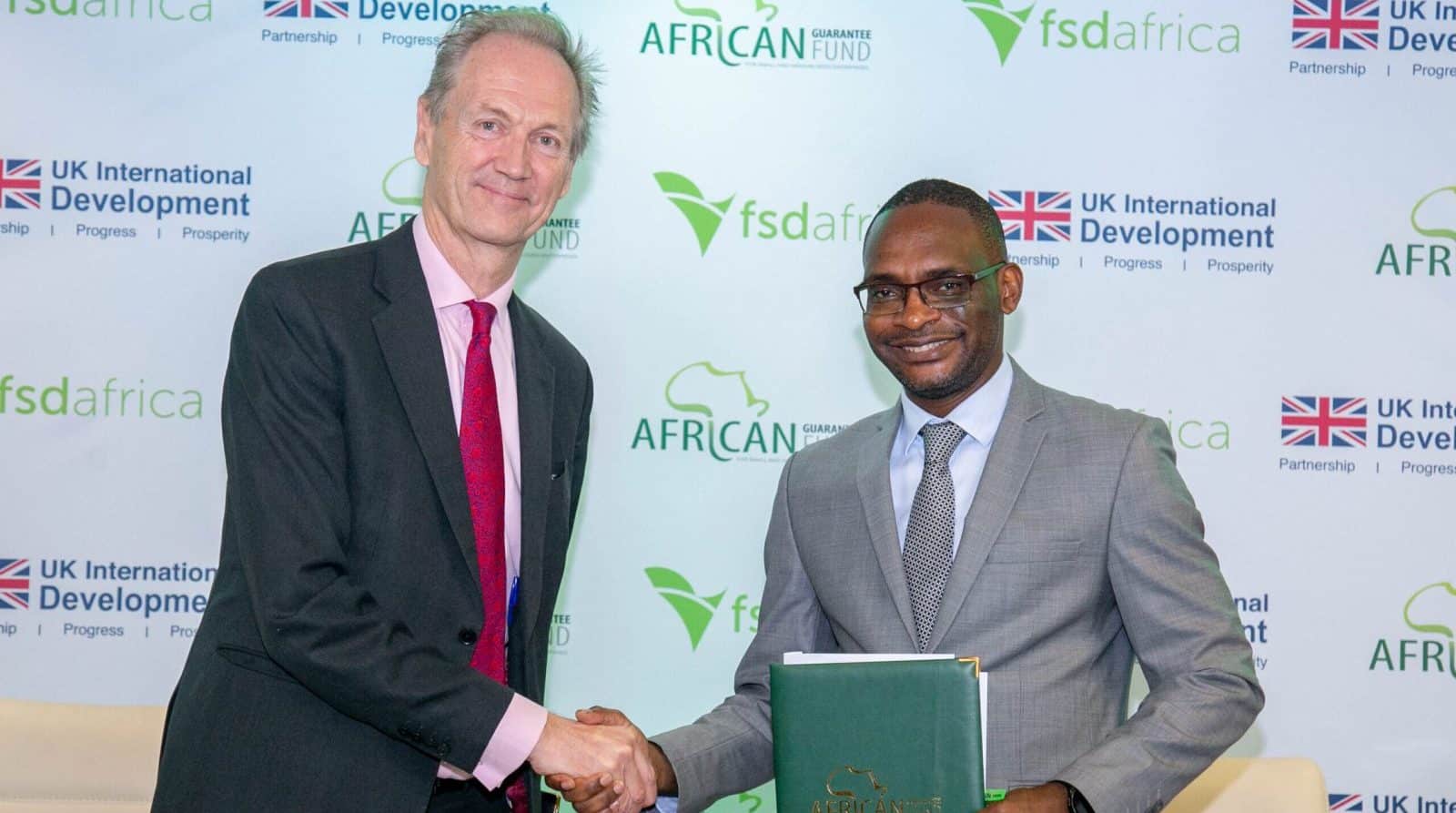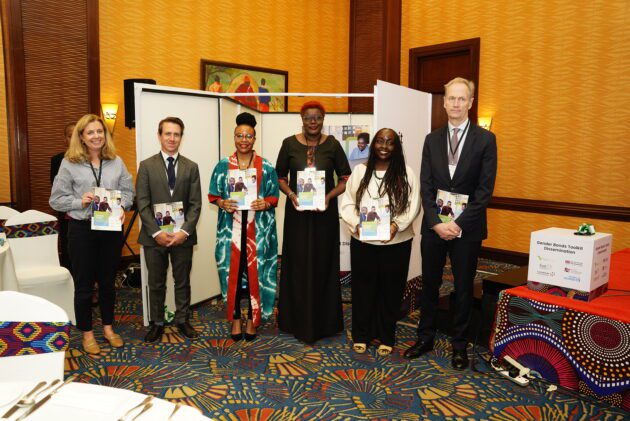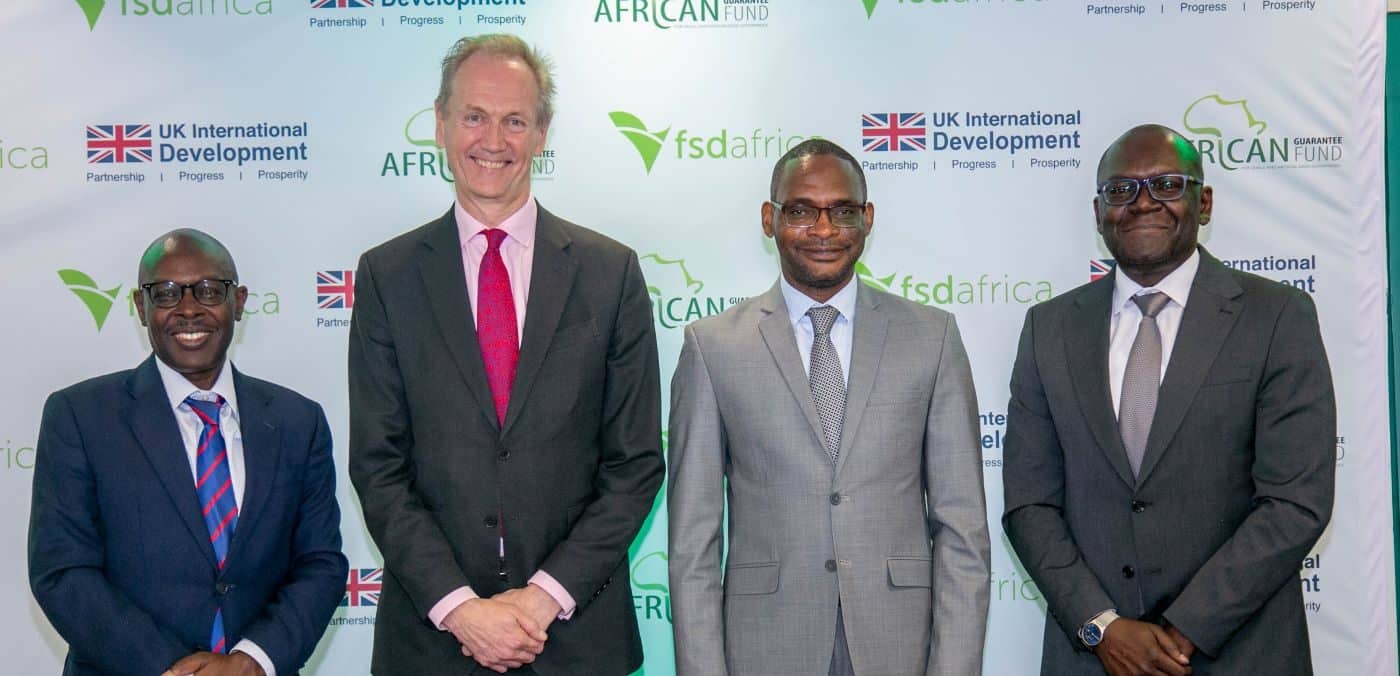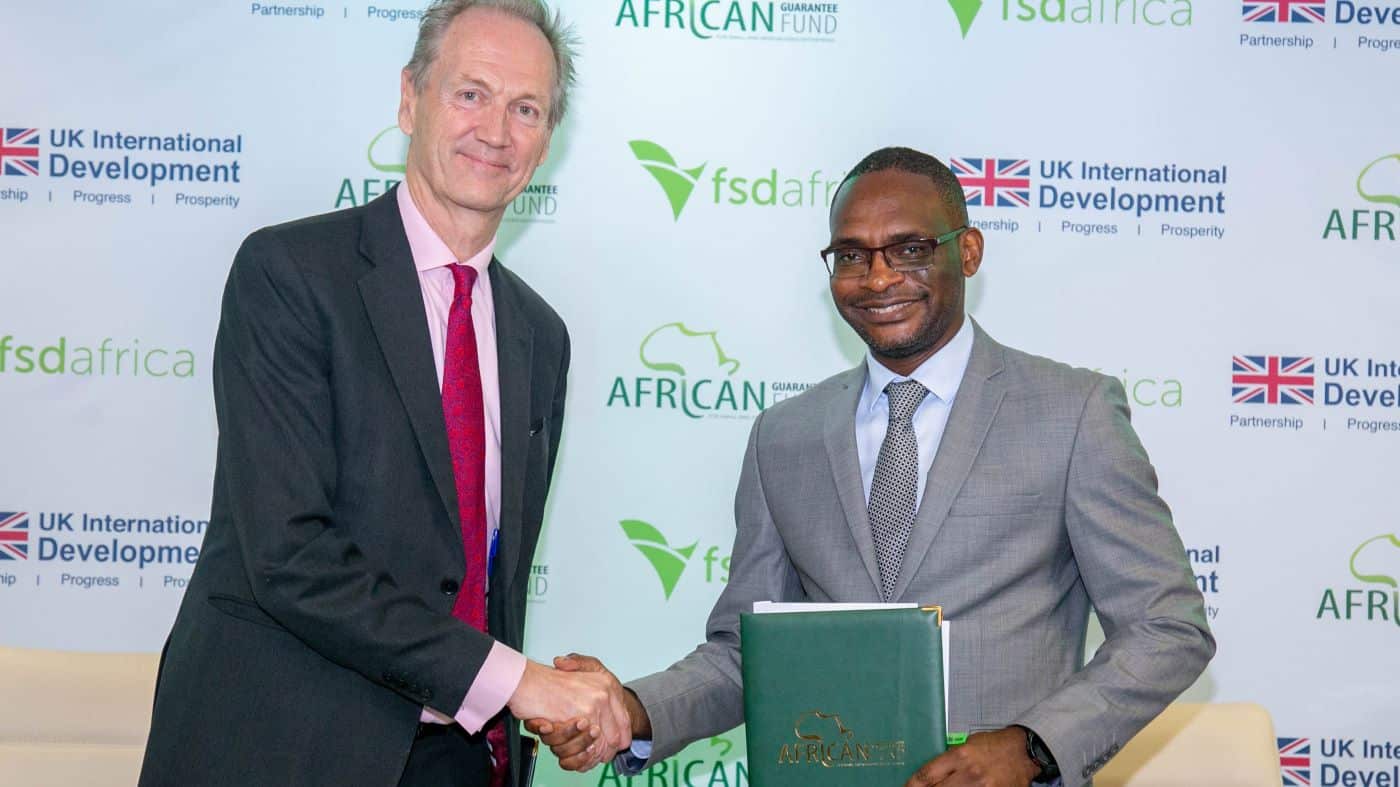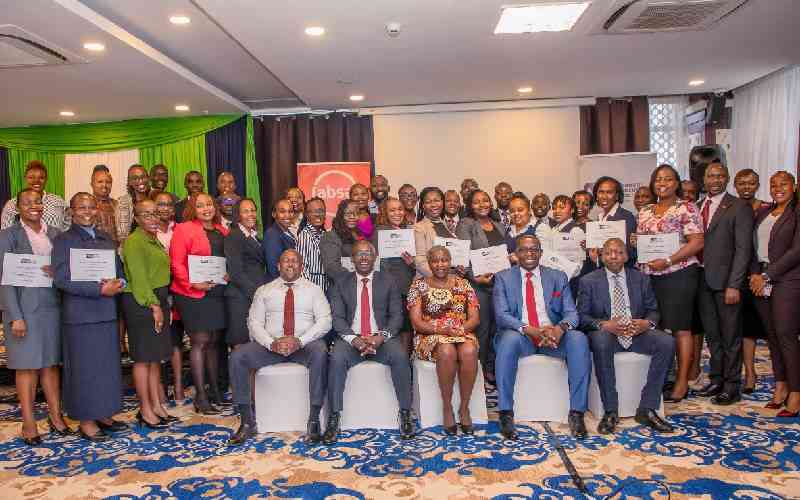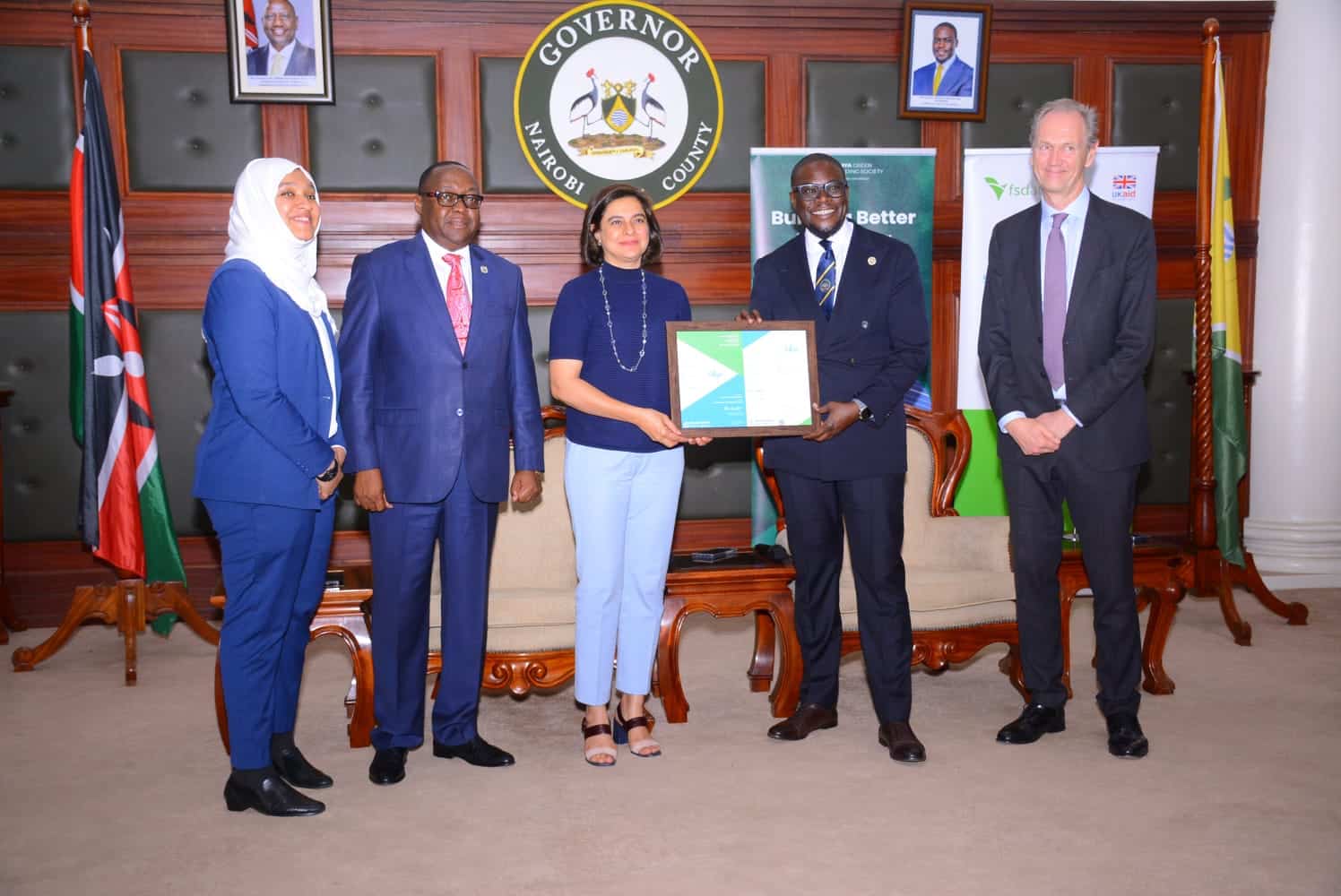The acclaimed and innovative Bimalab Africa Insurtech accelerator program by FSD Africa is now set to expand to cover a total of fifteen countries across the African continent from the initial ten countries covered in the 2023 program, following a US$ 600,000 support by Swiss Re Foundation.
Launched in Kenya by FSD Africa in 2020 and supported by the Swiss Re Foundation since 2023, the BimaLab Africa Insurtech Accelerator Program offers hands-on venture-building support to high-impact insurtech start-ups that improve the resilience of underserved and climate-vulnerable communities.
In this extension of the Foundation’s support through 2025, BimaLab will expand its footprint to accelerate 55 insurtechs in a total of 15 African countries. It will build strong innovation ecosystem by activating investors, capacity-building networks, and corporate institutions to unlock capital, attract talent and share knowledge about insurance solutions tailored to those communities’ needs.
BimaLab Africa addresses problems faced by vulnerable communities and businesses, it gives priority to enterprises that address challenges on climate change, health and gender as well as obstacles faced by micro, small and medium enterprises. Africa’s protection gap, or uninsured losses, for natural catastrophes was around 80% of the total economic losses they caused in 2022, up from 58% one year earlier. These figures highlight the severity and volatility of the region’s natural disasters as well as its lack of financial protection against them. BimaLab Africa will create an insurtech innovation ecosystem that supports the growth of insurtechs; reach underserved markets, communities and households.
“Insurance provides a crucial safety net when people experience threats like natural disasters, ill health or economic disruption. We are proud to scale our partnership with BimaLab Africa, an initiative we strongly believe in. Bimalab Africa supports the growth of insurtechs, their reach to underserved markets, communities and households. It creates an insurtech innovation ecosystem in Africa. ” said Stefan Huber Fux, Director of the Swiss Re Foundation.
Bimalab Africa program is a unique programme bringing together insurance innovators, technology partners, insurance firms, investors, and regulators to work in concert in unlocking industry bottlenecks in modernising insurance services. Previously Bimalab Africa has had chapters supporting insurtechs in Egypt, Ethiopia, Ghana, Kenya, Morocco, Nigeria, Rwanda, South Africa, Uganda, and Zimbabwe. Among the new countries where the programme seeks to spread wings to are Tanzania, Tunisia, Senegal, Zambia, Malawi, and Somalia.
FSD Africa Principal Innovation and Resilience and Bimalab Africa Programme Lead Elias Omondi says the impact of the programme has been phenomenal over the last four years in expanding the reach of the program and playing a catalytic role in innovation by developing products for vulnerable customers and attracting investors to insurtech startups.
“BimaLab Africa enables startups enjoy access to a structured learning environment, mentorship, funding connections and a network of like-minded entrepreneurs, financiers, tech companies and regulators that can help them grow their businesses. We have supported 63 startups since 2020 and facilitated development of 3 regulatory sandboxes. Furthermore, investors have supported ten ventures providing over US$10 million in funding and over 40 products developed have reached more than 3 million new customers reached” said Elias Omondi, Principal from FSD Africa.
Insurance penetration in Africa has been lagging compared to other parts of the globe at only 3% compared to the world average of 7%. Innovation and technology are expected to play a key role in addressing the challenge.
